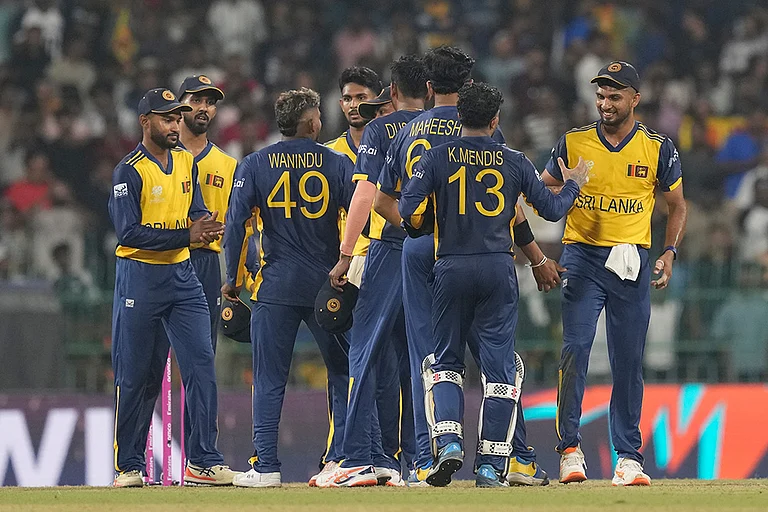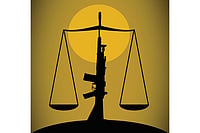It isn’t that there is lack of clarity on the proceedings for the removal of a Supreme Court judge in our country. The moot point in the present controversy around a move to impeach CJI Dipak Misra is over the handling of its first step. That is, whether the motion seeking action on the pertinent misconduct must itself categorically state the overall grounds for it and come up with the entire evidence.
Now, how exactly does such an impeachment work? Well, it has four key steps. The first is for MPs to draft a motion for the removal (under Article 124[4]of the Constitution) alleging misbehaviour or incapacity and introduce it in any House of Parliament. The second is the formation of an enquiry committee under Article 124(5) in accordance with the Judges Enquiry Act, 1968. It is at this stage the charges are framed—after documents are sought, witnesses summoned and the affected judge cross-examined.
Thirdly, the enquiry committee’s report is placed before the presiding officer of either House of Parliament. If it shows proof to the misbehaviour, both Houses will move a motion for presenting an address to the President of India. Finally, if each House approves the motion by a two-third majority, it is presented to the President of India, who passes the order of removal.
So, should the motion against Justice Misra have established “proved misbehaviour”? An identical question arose before the apex court a quarter-century ago. That was over a bid to remove Justice V. Ramaswamy, who had served the SC in 1991-93. There, the court posed a question to itself on whether the removal can be performed without the aid of law (Judges’ Enquiry Act) enacted under Article 124(5) of the Constitution or whether the power of enquiry and proof of misbehaviour could be found in clause (4) of Article 124.
The SC answered the question in clear terms: misbehaviour or incapacity is “proved” in accordance with the law that is enacted under clause (5) of Article 124. Neither the initial two steps is part of parliamentary proceedings, which actually begin only with a motion for presenting an address to the President upon receiving the enquiry report that the allegations “have been proved”.
In other words, it is the committee that is practically the machinery for investigation and discovery of proof. Thus, in neither of the first two steps is the presiding officer required to make a preliminary enquiry to ascertain the veracity of the grounds made in the motion and determine whether a prima facie case has been made out. Justice Ramaswami’s defence had argued to the contrary, which the SC ruled to be “devoid of substance”.
In the case of Justice Misra, the Rajya Sabha chairperson seems to have put the cart before the horse. Apparently, “proved misbehaviour” was sought even before constituting an enquiry committee. This, when the RS chair has no jurisdiction to conduct any such probe. The chairperson ought to have kept in mind that there is a different standard of proof at the start of proceedings as compared to that at the conclusion.
In any case, the degree of proof required at step-1 is much lesser. The only safeguard against initiation of frivolous proceeding is the substantial number of members of either House of Parliament. To prescribe the test of “proved misbehaviour” at the stage of submission of the motion is to violate the scheme of clauses 4 and 5 of Article 124 as well as the pertinent Act and rules.
The chairperson ought to have realised that the MPs on their own have no means of establishing “proved misbehaviour”. They have no power to summon documents or record witnesses. A full-fledged machinery is contemplated under clause 5 of Article 124, where a committee vested with powers of civil court will arrive at the stage of “proved misbehaviour”. The Constitution gives no immunity to the judges and advisedly so.
We, as a part of the legislature, are not unmindful of the chilling effect that a motion has on the career of a judge. The founders of our Constitution, too, were aware of it: they accorded top priority to the larger interest of public administration of justice and considered institutional integrity to be far more important than the harm caused to the reputation of an individual even if (s)he is the fountain head of the judiciary. Our country provides for impeachment of even its President because ultimately the Constitution is supreme.
(The writer is a lawyer and Rajya Sabha MP.)

























